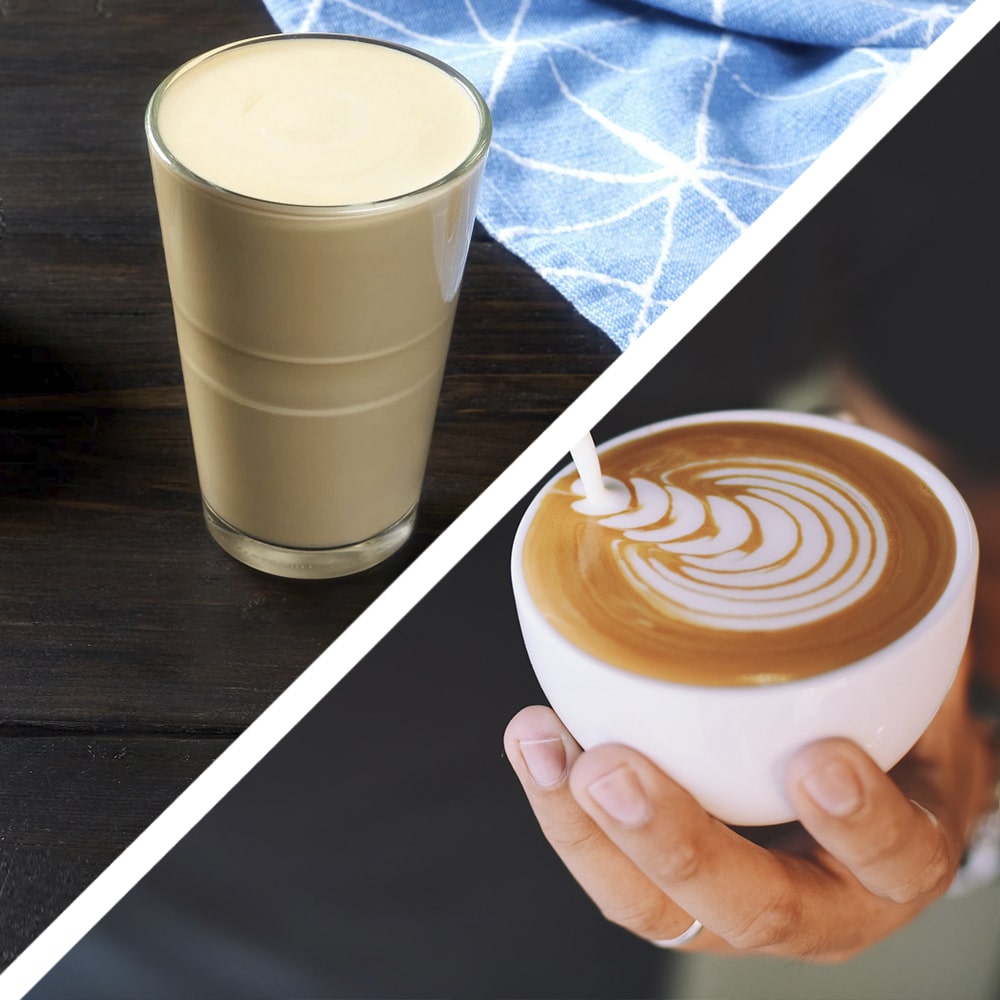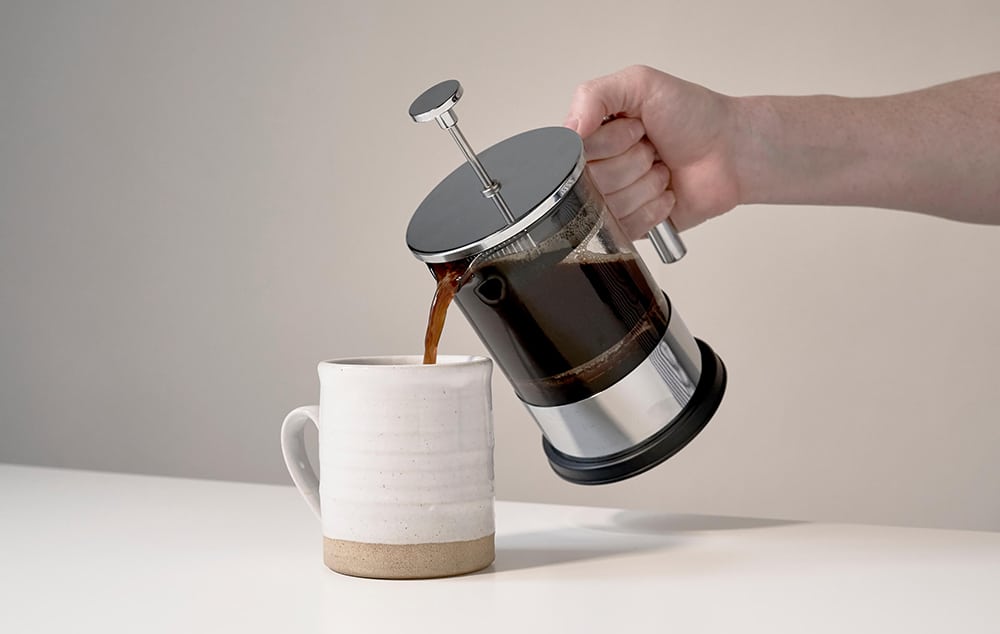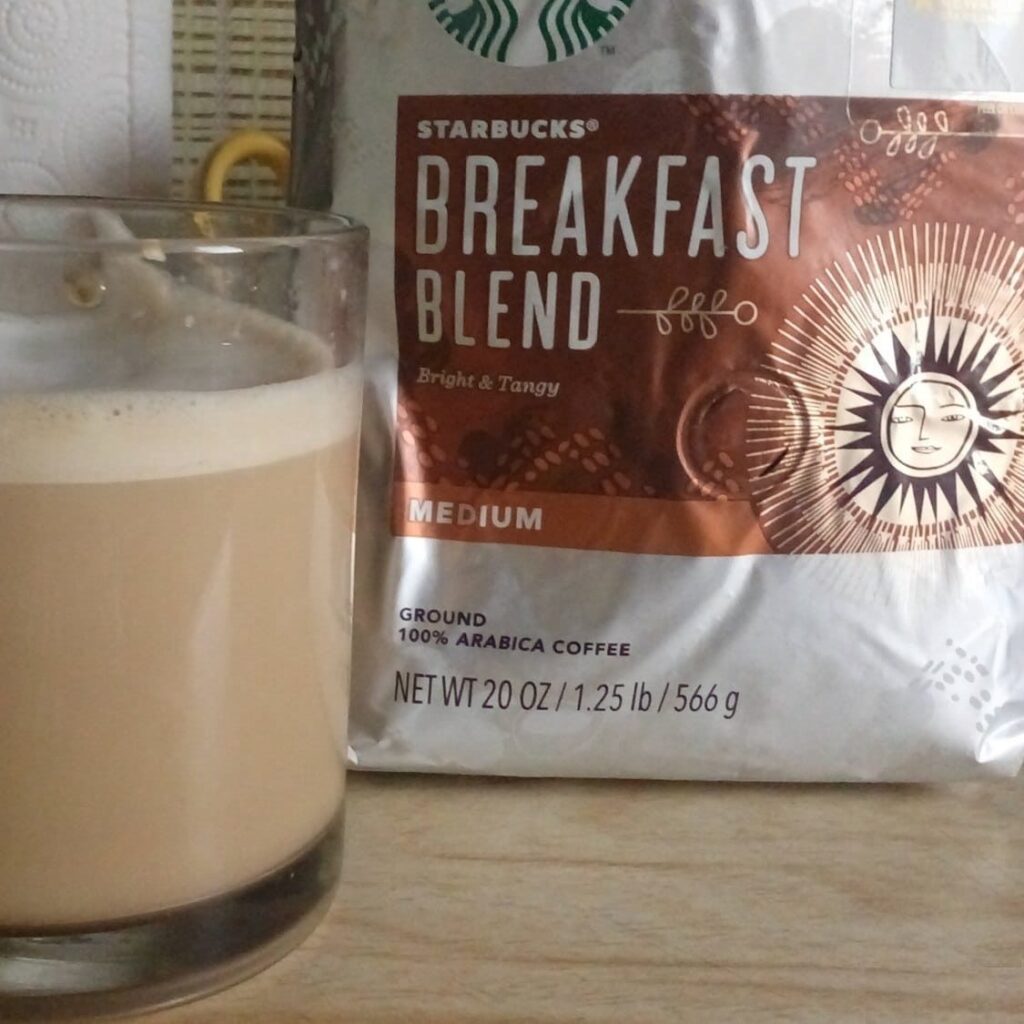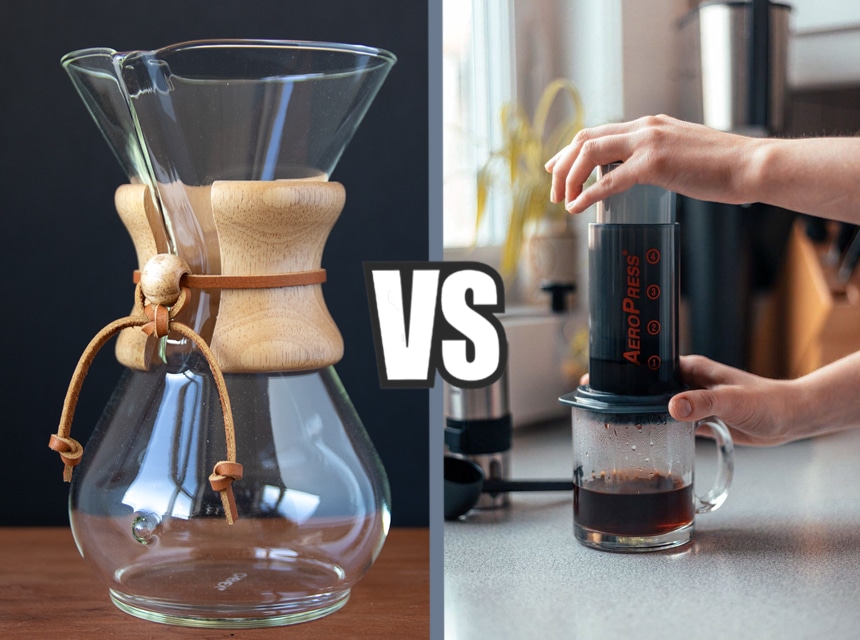

It seems there are new terms and types of coffee everywhere these days, and one of the newest questions people have been asking is: what is white coffee? If you’ve asked this question yourself, don’t worry, we are here to help you. White coffee is a new trend that may just last forever. It’s a different way to roast coffee beans, which leads to a different flavor profile and chemical makeup, which, therefore, changes the health benefits of darker roasts. If you want to know more about white coffee, then keep reading!
First off, it’s important to note that we’re not talking about Malaysian white coffee, which is a specific drink that is made with beans roasted with margarine and then sweetened with condensed milk. While that drink may be delicious, it’s not what we’re going to discuss.
White coffee is a new trend taking the coffee world by storm. This makes sense because people have been drifting away from darker roasts to lighter ones over the last few years, and so we have arrived at white coffee. White coffee comes from the same beans as regular coffee and can also be either Arabica or Robusta. It actually originates from Yemen, and it has been made there for hundreds of years. You can find white coffee in many smaller, independent coffee shops, though it is probably only a matter of time before it becomes more mainstream and easier to find. You can also purchase it online, already ground, which is good because white coffee beans are too hard for non-commercial coffee bean grinders.
White coffee requires a different roasting process. The beans, which are exactly the same as used for regular coffee, are roasted at a lower temperature and for less time. While dark roast beans are baked at anywhere from 450 to 480 degrees, to get white coffee, the manufacturers roast the beans at around 325 degrees, and for less than half the time required for a darker roast. Instead of getting darker brown colors, the beans remain whitish. If you’re interested in roasting your own beans, you can make white coffee at home.
It’s important to note that since the beans have been roasted for less time and at a lower temperature, they’re not as soft as other coffee types, so grinding them in your usual coffee bean grinder may not work or may damage it. So, keep this in mind if you plan on roasting your own beans.
Most people want to know one thing when it comes to comparing different kinds and roasts of coffee: how much caffeine does it have?
And the truth is, it varies. Many people do say that white coffee has more caffeine than darker roasts. The reason behind this is that the caffeine in coffee is usually measured by its density, and it changes during the roasting process. The longer the coffee beans are being roasted, the less dense they become, and the smaller amount of caffeine stays in them. Therefore, it stands to reason that white coffee, with less roasting time, has more caffeine.
If you brew your coffee based on a scoop instead of weight, you could have upwards of 50% more caffeine in your drink.
However, some researches show us that some darker roasts may have only a 5% difference in caffeine content with lighter ones. So regardless of roasting, you still can find more or less caffeinated types of beans.
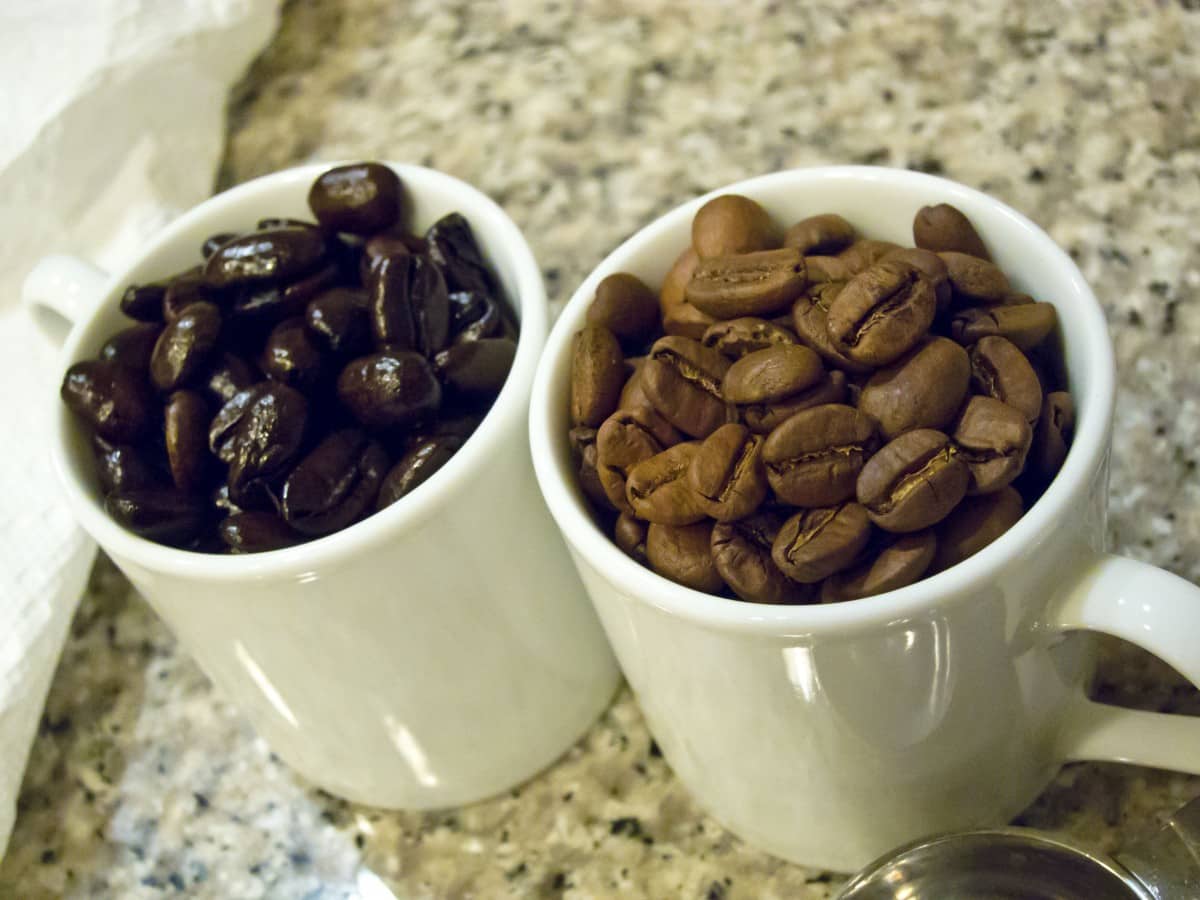
Since white coffee beans are roasted at a lower temperature for less time, the beans are denser and harder than darker roasts. Which is why it requires a much more powerful coffee bean grinder than most any model available for home use. Therefore, it’s best just to buy pre-ground white coffee if you want to make it at home. But the good news is, white coffee is brewed the same way as regular coffee, so once you have the grounds, feel free to make it the same way you would your favorite cup of joe.
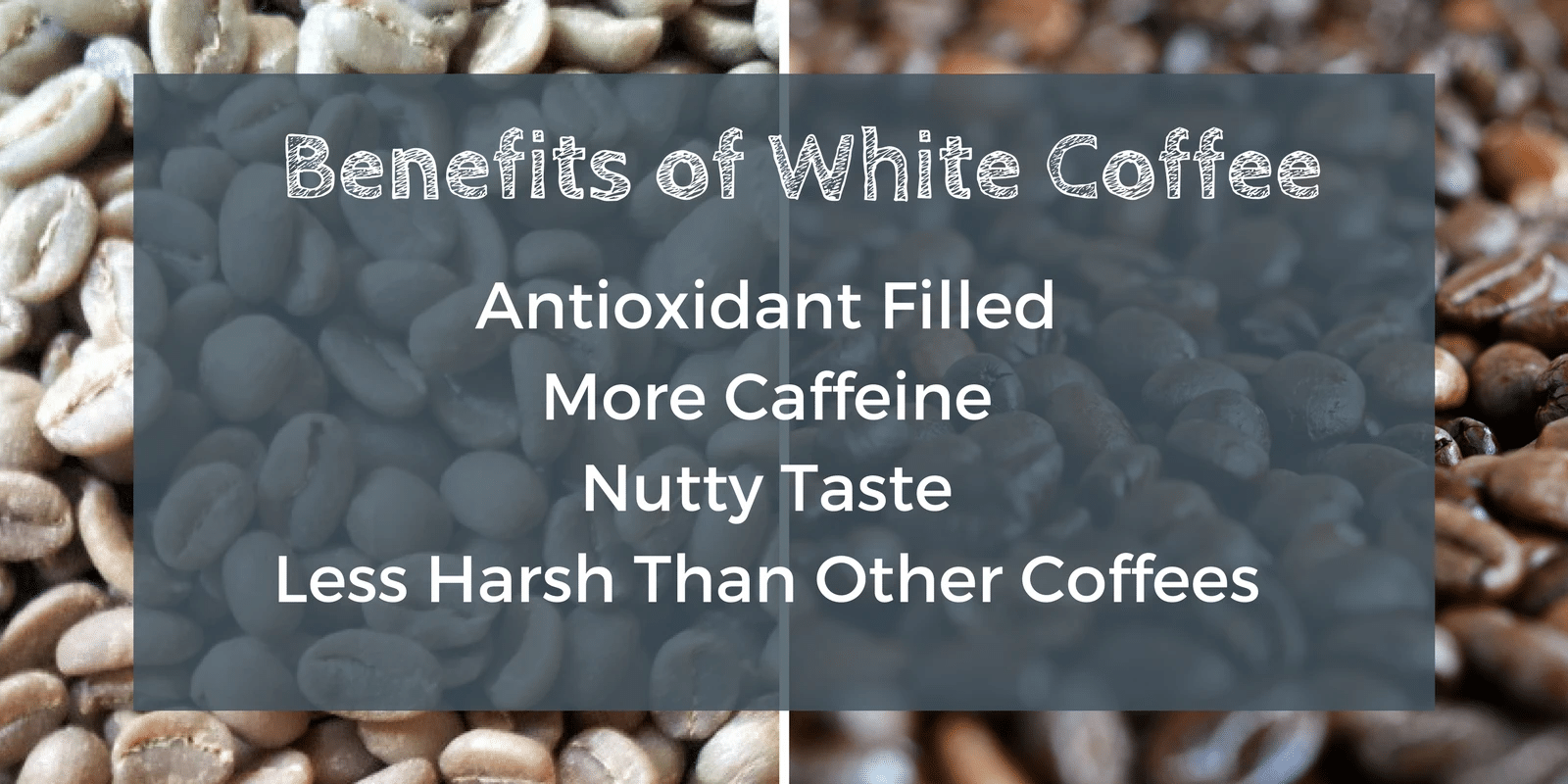
Some people state that white coffee is easier on their stomachs, so it could be a great choice for people who have stomach upsets with darker roasts.
Chlorogenic acid, the main antioxidant in white coffee, has been known to lower the risks of diabetes, lower blood pressure, and help with weight loss. It can also cause less risk of teeth stains that regular coffee drinking leads to.
White coffee is an excellent alternative for coffee drinkers, so if you’re looking for nutty flavors, less acid, and a drink that’s gentler on your stomach and teeth, white coffee might be for you! It also might seem appealing for coffee maniacs who wish to get more energy from their drink. Although it can be a bit tricky to grind the beans at home, once you do have the grounds, making white coffee is as simple as making regular coffee, so don’t be afraid to try one today!
